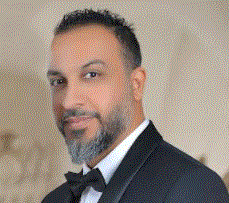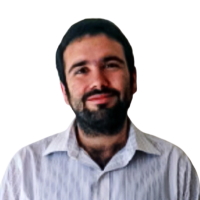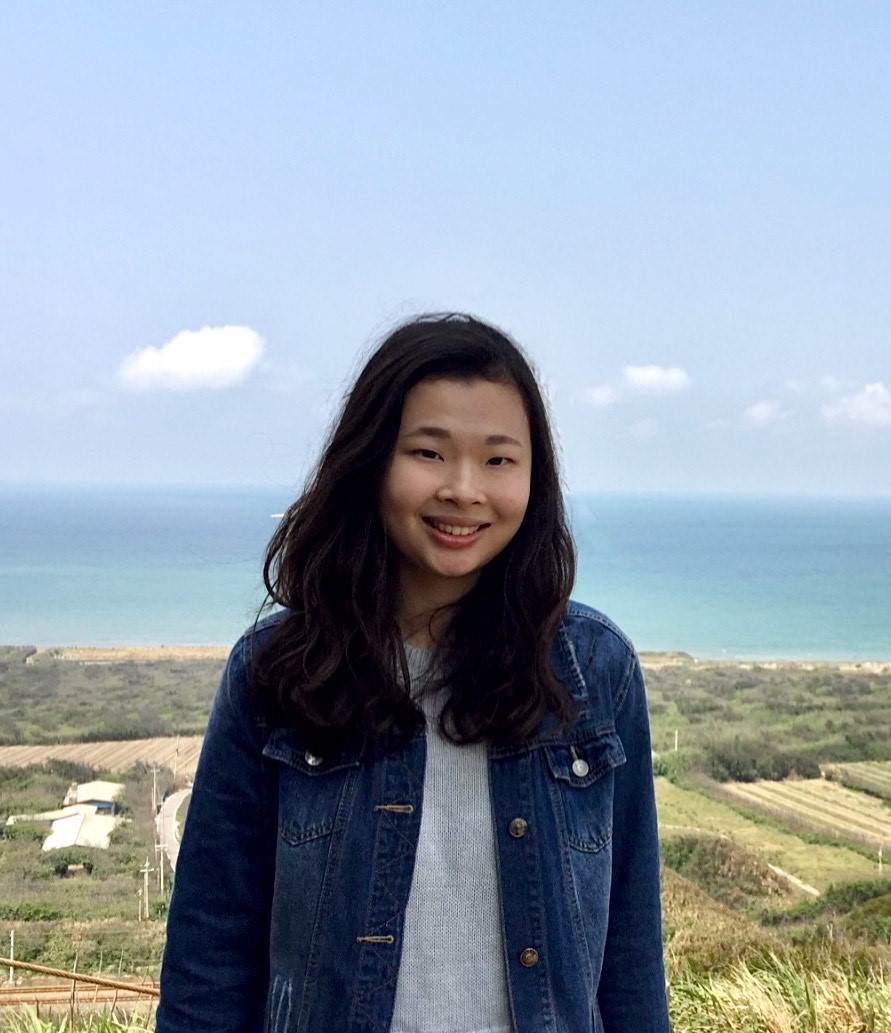Early Career Network
 The future of IPA lies in the hands of early career researchers and clinicians who will become the new leaders in the field of mental health for older adults. Therefore, the IPA has created an Early Career Network (ECN).
The future of IPA lies in the hands of early career researchers and clinicians who will become the new leaders in the field of mental health for older adults. Therefore, the IPA has created an Early Career Network (ECN).
Originally aimed at PhD-students or post-doc researchers with less than five years of experience in the field, organizers quickly realized the need for this type of program to include early career clinicians, students, trainees and residents interested in research and collaboration as well. This is a multi-disciplinary initiative and those with less than five years experience training or working in all aspects of older adult mental health are welcome.
Formally launched in October of 2020, the ECN is a sub-group of the Membership Committee with guidance from IPA Board members Prof dr Raymond Koopmans and Prof Hilde Verbeek.
Meet the Chairs:
 |
Huizi Li, PhD (China)
Psychiatrist; Master of Psychiatry; PhD candidate, Institute of Mental Health, Peking University. Areas of interest: Early diagnosis, treatment and rehabilitation training of (frontotemporal) dementia; Brain structure and function; Social cognition. |
 |
Dr. Mustafa Atee, PhD (Australia) Dr Mustafa Atee is a Research and Practice Lead at The Dementia Centre, HammondCare in Australia. Dr Atee is a clinical pharmacist with a PhD that focused on improving pain management in dementia. Dr Atee is one of the co-founders of PainChek®, an artificial intelligence-powered pain assessment tool using automated facial recognition and analysis, and clinical pain behaviours to evaluate the presence and intensity of pain in non-verbal adults, including those living with dementia. His work has been recognised in several innovation, research, and technology awards in Australia such as the Innovator of the Year, and Western Australia Premier’s Science Awards. In 2016, he was selected as the Gold Disruptor/ICT Researcher of the Year at the Australian Computer Society’s Digital Disruptor Awards. Recently, Dr Atee has been the winner of the 2021 Curtin Alumni Innovation Award for his contribution to pain and dementia research. Dr Atee holds adjunct and honorary positions at Curtin Medical School, Sydney Pharmacy School, and Edith Cowan School of Nursing and Midwifery. Research interests include pain in dementia, pain behaviours (e.g., facial expressions), pain management, pain education, dementia and geriatric disorders, novel models of dementia care, neuropsychiatric symptoms of dementia, psychosocial interventions and person-centred care, polypharmacy and deprescribing in older adults with dementia, and use of technology in healthcare. |
 |
Dr. Tomás León, MD (Chile) Over the past ten years, Tomas Leon – a geropsychiatrist working at the Hospital del Salvador (Chile) – has worked in several teams, both as a leader and as a member, to improve older people's mental health, people living with dementia, and their caregivers, focusing mainly on Chile and Latin America. He has participated in producing several books, articles and training programs for primary care on dementia and old age mental health, even creating free and open access programs for medical and non-medical professionals. Tomas has also participated in open community talks about dementia, ageism and old age mental health and has even written children's books about dementia to raise awareness and better explain dementia. He was also instrumental in creating the first old age mental health task force and participated in support groups for relatives of people living with dementia. From a political point of view, Tomas Leon has participated in the development of Chile’s national dementia plan and several worktables on mental health in older age. In 2022 he was named one of the Healthy Ageing 50 by the UN, 50 leaders transforming the world to be a better place to grow older. Areas of Interest: Dementia, non-cognitive symptoms, the interaction between psychiatric and neurodegenerative disorders and public policies. |
 |
Anna Tjin (Ireland) Anna is public health researcher with five years of experience working with family carers of older individuals living with brain health conditions identifying their social determinants of health, developing health interventions, mapping literature evidence, and interpreting and disseminating quantitative and qualitative results to inform the best practices in the field. She has a Summa cum laude BSc in Sustainability Science and Engineering from Tunghai University (Taiwan) and a first-class honor in MSc Global Health from Trinity College Dublin. Anna is currently working as a researcher at the Royal College of Surgeons in Ireland (RCSI), developing a simulation-based health intervention to prevent secondary trauma spillover for family members of first responders in Ireland. She is also a part of a working group exploring systematic review as a part of Best Evidence Medical Education (BEME) and the regional research coordinator of the CLIC-Caregivers (Coping with Loneliness and Isolation during Covid-19) project for South Asia with Global brain health Institute. Areas of interest: Dementia care, Family care, Palliative and end-of-life care, Psychosocial and person-centered care, social determinants of health inequalities. |
The overall goal of the ECN is to create a robust international network of early career professionals across disciplines, both researchers and clinicians, capable of supporting each other, helping compensate local needs.
Planning for 2021 programming is already underway. Watch the Online Education page for upcoming events and Apply to Join the ECN here.









